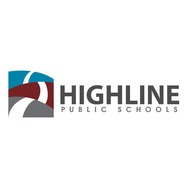Highline Public Schools Kindergarten Word Study Guide
(View Complete Item Description)The intentional instruction you provide in foundational literacy skills within the context of a rich balanced literacy program will set students on a trajectory toward success in reading and writing. The purpose of this document is to give you the resources you need to teach kindergarten students the phonological awareness, phonics, fluency, and sight-word-recognition skills that will empower them to become confident, competent and thoughtful readers and writers. Instruction in phonological awareness, phonics, and sight words can and should be fun, fast-paced, and brief. The lessons in this document are designed with that in mind. This guide includes routines with sample instructional language to use during lessons.
Material Type: Full Course, Lesson, Unit of Study




